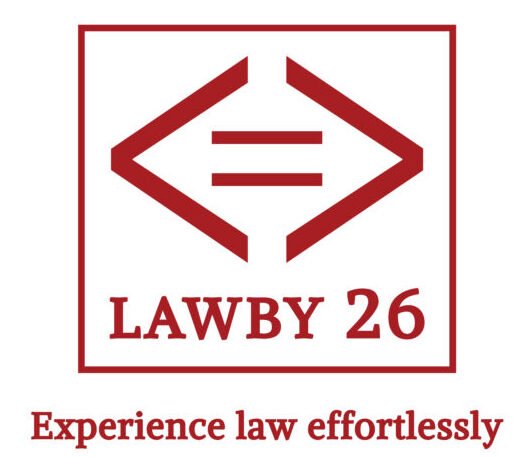A power of attorney is a legal document that gives one person the power to act or execute certain acts or deeds for another person. The person who receives the authority is the agent or attorney-in-fact, while the principal or donor is the person on whose behalf the authority is issued. It is pertinent to mention that the agent need not be a lawyer to hold a Power of Attorney but must be signed and notarized by a certified notary advocate. It must be executed and authenticated by the registrar or sub-registrar according to Section 33 of the ‘Registration Act, 1908’. A power of attorney is not compulsorily registrable unless it creates an interest in immovable property.
This content is for Subcribers only.
Join Premium Membership
Join Premium Membership
Already a member? Log in here



